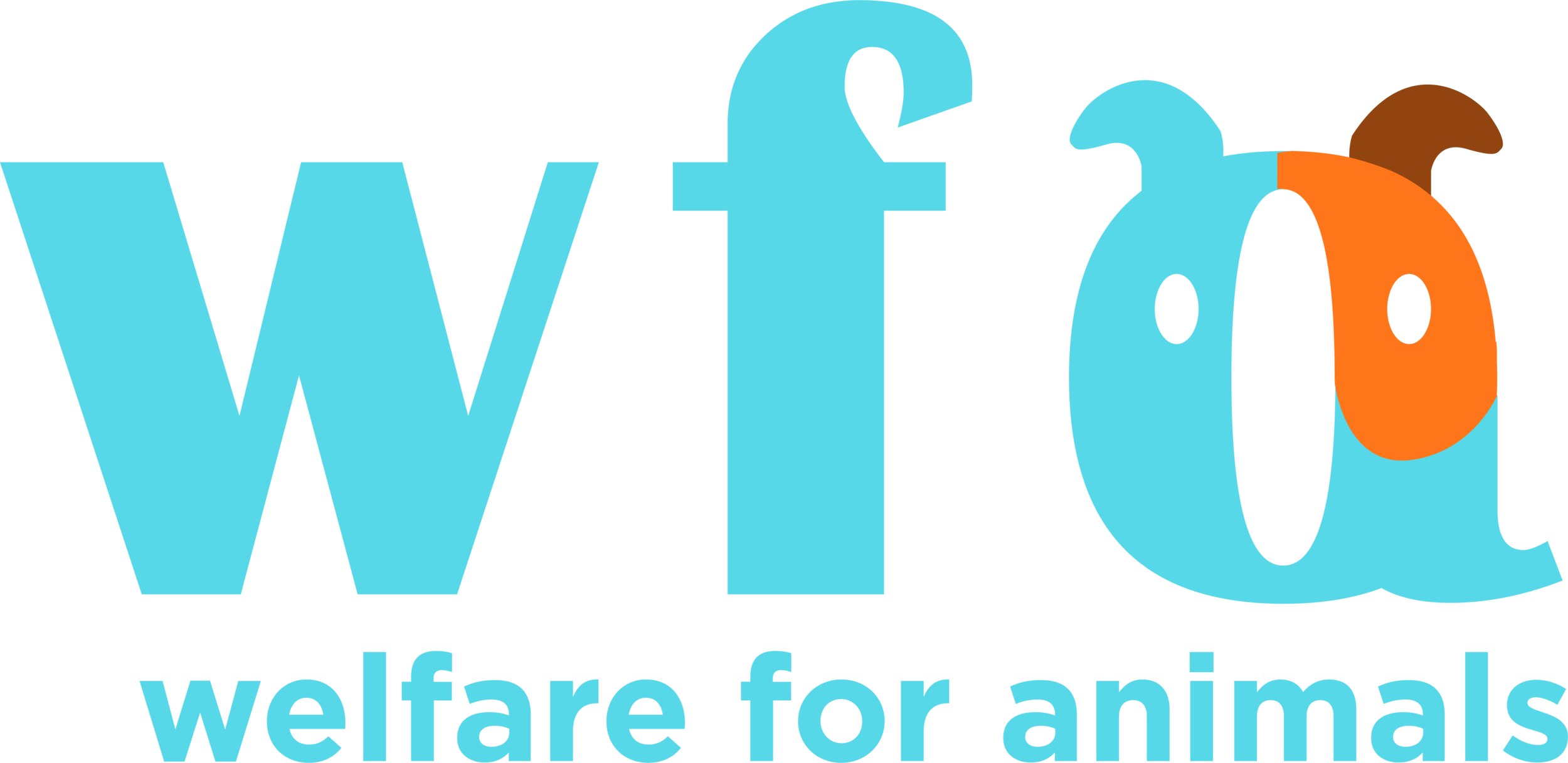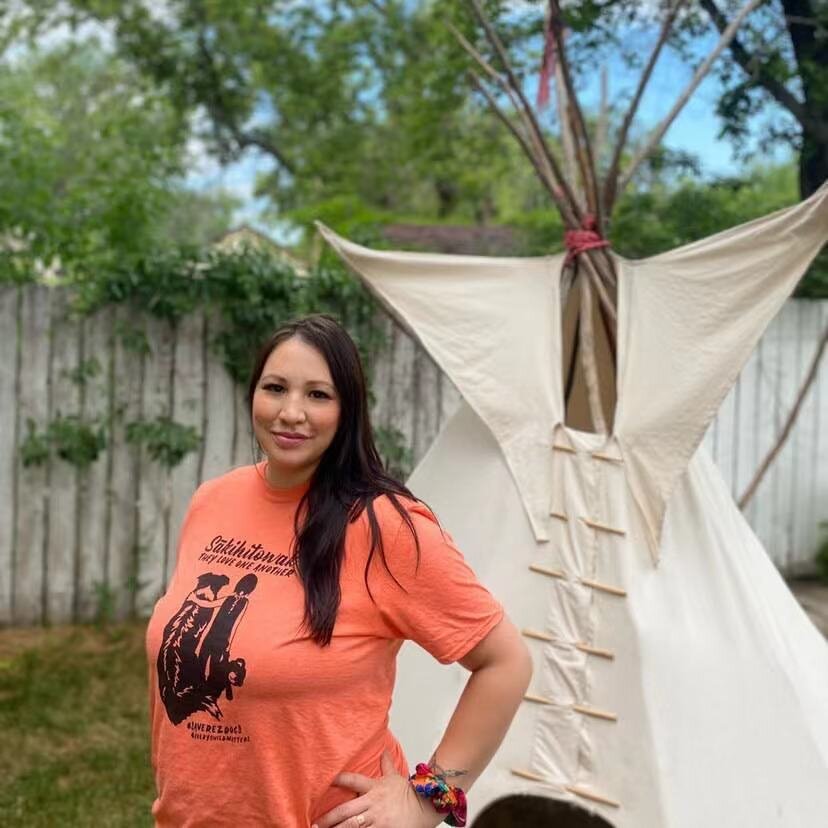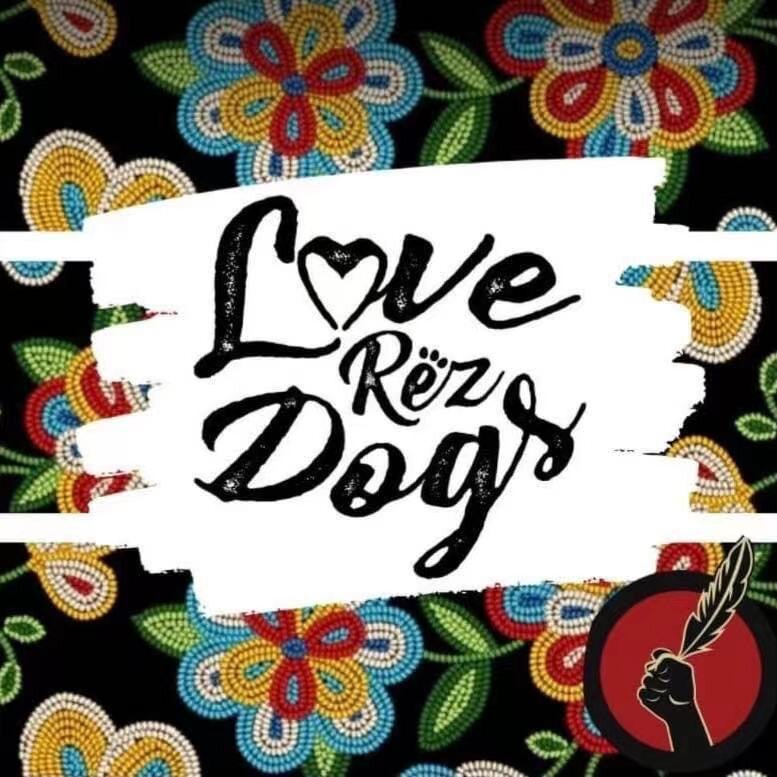Ask the Trainer- Save Rez Dogs
Save Rez Dogs
July is usually a month for celebration, but with the discovery of mass graves at residential Indian schools across Canada, it is a time for reflection and discussion. This Ask the Trainer series focuses on a First Nations dog advocacy organization- Save Rez Dogs and the complex animal welfare challenges that occur across First Nations reserves in Canada. It is a time to highlight our First Nations communities and tell their stories.
What is Save Rez Dogs?
Save Rez Dogs logo
Save Rez Dogs is an Indigenous-based, volunteer rescue that promotes ethical dog management plans through advocacy and education, for our Indigenous communities.
What inspired you to start Save Rez Dogs?
Becoming a dog mom, while teaching a lands-based program in the same year is what really started it. I grew up with dogs in our family and my Grandma was an avid pet lover and showed what responsible pet ownership looked like. After adopting a dog on my own, I became more protective and wanted to keep my puppy (Cedar) safe, and I would bring her to my classroom, and from there, just show my students what responsible pet ownership is like. It’s expensive lol, and a huge commitment. Our cultural values are to respect all living things, and I wanted to role model that for my students, and students in the school. We would start with little things like feeding the dogs, leaving out water, and providing some warmth during the winter, respecting their boundaries, and showing kindness.
Eventually, I started to foster more dogs and became more passionate about helping out more.
I used my Facebook to ask for food donations, and used #saverezdogs.
Learn more about Leah and her work for Save Rez Dogs here
Leah, the founder of Save Rez Dogs, her daughter and dogs
Tell us more about a dog’s role in pre-colonial times?
All nations have different teachings. Dogs played important roles in our families, our communities and our nation. Dogs were treated differently in the times of our kohkums some mosoms because they had jobs to do.
Traditionally before the horses came, dogs pulled our sleds and carried our loads. They protected our camps and alerted us when others were coming. They helped us hunt and track for food.
Learn more about a dog’s role in pre-colonial times for our families via Save Rez Dogs resources here
Can you tell us 5 things to know about rez dogs and why they are so special?
Image from the #RezDogMedicine article
Don’t know their breeds. That is special.
They have old souls. If you look into their eyes, they have a gentle spirit.
They understand Indigenous languages
Are most loyal animals
Their instinct is to protect us
Save Rez Dogs have a phenomenal article on #RezDogMedicine that you can read here
Can you discuss some of the animal welfare challenges faced at First Nations reserves across Canada?
There’s no services on reserves for animals. Lack of enforced bylaws, lack of dog management plans. Lack of funds. Lack of training. When there’s an issue with a dog(s), it’s dealt with very quickly and sometimes very inhumanely. A lot of reactive action instead of proactive measures put in place.
Why do you think these animal welfare challenges are not commonly discussed or known?
Because many other socio-economic issues are put as a higher priority. ie: clean drinking water, education, health, housing, foster care, addictions, employment.
What is dog population management and why is it helpful? (ie importance of spay/neuter campaigns)
It will help keep packs of dogs minimal which is a huge safety concern. No one can walk safely in their community with packs of dogs everywhere. Dogs in heat need to be helped so they don’t have multiple puppies in a year.
Check out what to do if your dog has puppies from the #SaveRezDogs poster below
Cover of The Community Dog Book, authored by the University of Saskatchewan
Tell us more about The Community Dog Book!
It is a tool for community members to use to assess the dog population in their community and help map out dog management plans.
Check out The Community Dog Book authored by folks at The University of Saksatchewan here
What is the 10-step action plan or any tips that people can do to Save Rez Dogs in their communities?
A big part of Save Rez Dogs is education and we want to keep helping others to take action in their own communities. This list is directed towards Indigenous communities and to get attention from leadership, but this is for anyone to use!
From personal experience, it is easier said than done. I am currently working with my home community and the process is long but hopeful. There’s definitely more to add to this list but it’s a start for people to start moving.
Learn more about the 10-step action plan here
How to create community readiness to help animal welfare?
Raising awareness, making noise, and creating as many proactive ideas as possible for people to do.
A summarization is below:
Call your band office
Collect Data from Pet Owners
Traps
Community Dog Booklet
Ermineskin First Nation
Dog lot ideas
Pet Id tags & more
Use your SOCIAL MEDIA!!
Check out more in-depth information from Save Rez Dog’s website on how you can help your community with preventative and proactive measures here
Can you tell us more about the need to build kinship with dogs and children and ways to do so?
Protecting dogs is also protecting our children. Decision-makers and community members usually overlook that concept. It shows how underrepresented dogs and animal care is in our communities and it needs to be taken more seriously from everyone.
Save Rez Dogs did a great presentation for kindergarten in Saskatoon. Learn more here
How can people get involved in Save Rez Dogs?
Leah is modeling some of their amazing merch
Share content, share links, talk about issues with problem solving solutions. Talk to decision-makers, plan it out. Buy merch - it goes back to helping rez dogs in one way or another.
Check out their amazing merch here
Please list other First Nations animal advocates that you think we can help highlight in this blog.
There’s not many to be honest. Maybe 6 when I did a call out on social media check them out in the link below
https://www.facebook.com/aboriginalcommunityandanimaladvocacyconnection
Learn more about Save Rez Dogs at their website https://saverezdogs.com
And Follow their social media below
Instagram https://www.instagram.com/saverezdogs/
Facebook https://www.facebook.com/saverezdogs
Twitter https://twitter.com/saverezdogs








